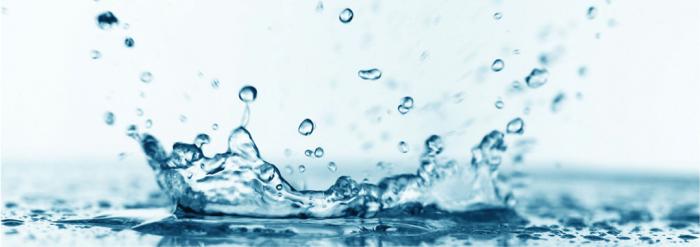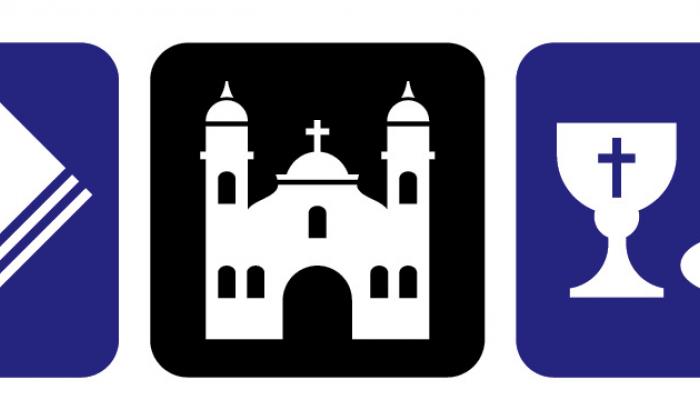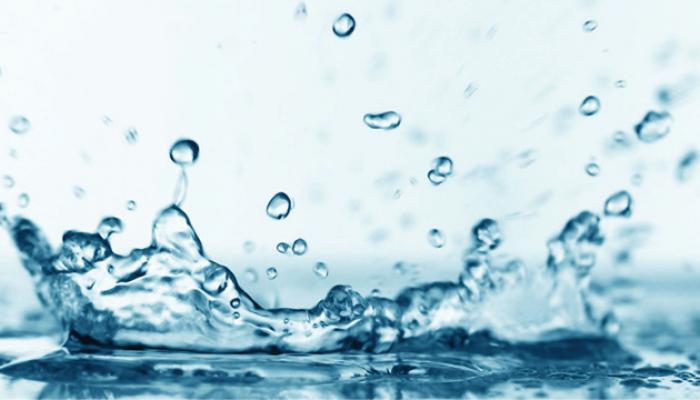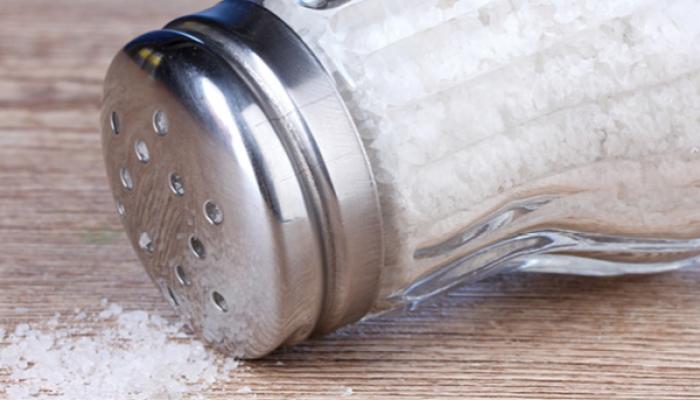
3.36 Qual è l’effetto del Battesimo?
Per mezzo del Battesimo nell’acqua, Dio ci adotta come suoi figli. Da quel momento in poi siamo parte della sua Chiesa, la grande famiglia dei cristiani. La persona che riceve il Battesimo (o i suoi genitori) promette di fare del suo meglio per vivere una vita cristiana buoma e rifiutare tutto quanto è male.
Questo sacramento elimina il nostro ‘peccato originale’, il male che abbiamo ereditato dai nostri progenitori. Anche tutti i peccati che la persona battezzata ha commesso fino a quel momento sono ‘lavati via’ e perdonati. In questo modo la nostra vita da cristiani inizia con una tabula rasa! Dal momento del nostro Battesimo, lo Spirito Santo ci aiuta a vivere come buoni cristiani (I Cor 12, 13)I Cor 12, 13 Infatti noi tutti siamo stati battezzati mediante un solo Spirito in un solo corpo, Giudei o Greci, schiavi o liberi; e tutti siamo stati dissetati da un solo Spirito..
Starting when and to whom has the Church administered Baptism?
From the day of Pentecost, the Church has administered Baptism to anyone who believes in Jesus Christ. [CCCC 255]
Who can baptize?
The ordinary ministers of Baptism are the bishop and the priest. In the Latin Church the deacon also can baptize. In case of necessity any person can baptize provided he has the intention of doing what the Church does. This is done by pouring water on the head of the candidate while saying the Trinitarian formula for Baptism: “I baptize you in the name of the Father and of the Son and of the Holy Spirit”. [CCCC 260]
Is it possible to be saved without Baptism?
Since Christ died for the salvation of all, those can be saved without Baptism who die for the faith (Baptism of blood). Catechumens and all those who, even without knowing Christ and the Church, still (under the impulse of grace) sincerely seek God and strive to do his will can also be saved without Baptism (Baptism of desire). The Church in her liturgy entrusts children who die without Baptism to the mercy of God. [CCCC 262]
What are the effects of Baptism?
Baptism takes away original sin, all personal sins and all punishment due to sin. It makes the baptized person a participant in the divine life of the Trinity through sanctifying grace, the grace of justification which incorporates one into Christ and into his Church. It gives one a share in the priesthood of Christ and provides the basis for communion with all Christians. It bestows the theological virtues and the gifts of the Holy Spirit. A baptized person belongs forever to Christ. He is marked with the indelible seal of Christ (character). [CCCC 263]
What is Baptism?
Baptism is the way out of the kingdom of death into life, the gateway to the Church, and the beginning of a lasting communion with God.
Baptism is the foundational sacrament and the prerequisite for all other sacraments. It unites us with Jesus Christ, incorporates us into his redemptive death on the Cross, thereby freeing us from the power of Original Sin and all personal sins, and causes us to rise with him to a life without end. Since Baptism is a covenant with God, the individual must say Yes to it. In the baptism of children, the parents confess the Faith on behalf of the children. [Youcat 194]
How is Baptism administered?
The classical form of administering Baptism is the threefold immersion of the candidate in the water. Usually, however, water is poured three times over the head of the candidate, while the minister of the sacrament speaks the words, “N., I baptize you in the name of the Father, and of the Son, and of the Holy Spirit.”
Water symbolizes cleansing and new life, which was already expressed in the baptism of repentance performed by John the Baptist. The Baptism that is administered with water “in the name of the Father, and of the Son, and of the Holy Spirit” is more than a sign of conversion and repentance; it is new life in Christ. That is why the ceremony also includes the signs of anointing, the white garment, and the baptismal candle. [Youcat 195]
Why does the Church adhere to the practice of infant Baptism?
From antiquity the Church has practiced infant Baptism. There is one reason for this: before we decide on God, God has decided on us. Baptism is therefore a grace, an undeserved gift of God, who accepts us unconditionally. Believing parents who want what is best for their child want Baptism also, in which the child is freed from the influence of original sin and the power of death.
Infant Baptism presupposes that Christian parents will raise the baptized child in the faith. It is an injustice to deprive the child of Baptism out of a mistaken liberality. One cannot deprive a child of love so that he can later decide on love for himself; so too it would be an injustice if believing parents were to deprive their child of God’s grace in Baptism. Just as every person is born with the ability to speak yet must learn a language, so too every person is born with the capacity to believe but must become acquainted with the faith. At any rate, Baptism can never be imposed on anyone. If someone has received Baptism as a little child, he must “ratify” it later in life – this means he must say Yes to it, so that it becomes fruitful. [Youcat 197]
Is Baptism in fact the only way to salvation?
For all those who have received the Gospel and have heard that Christ is “the way, and the truth, and the life” (Jn 14:6), Baptism is the only way to God and salvation. At the same time, however, it is true that Christ died for all mankind. Therefore all men who have had no opportunity to learn about Christ and the faith but seek God sincerely and live according to their conscience also find salvation (the so-called Baptism of desire).
God has made salvation dependent on the sacraments. Therefore the Church must tirelessly offer them to mankind. To give up her missionary work would be a betrayal of God’s commission. God himself, however, is not dependent on his sacraments. In places where the Church does not exist or has had no success— whether by her own fault or for other reasons—God himself paves other ways to salvation in Christ for the people. [Youcat 199]
Why should Christians choose the names of saints at Baptism?
There are no better examples than the saints and no better helpers. If my namesake is a saint, I have a friend with God. [Youcat 202]
Happy is the sacrament of our water, in that, by washing away the sins of our early blindness, we are set free, [and admitted] into eternal life!... But we, little fishes, after the example of our IXTHUS (=fish) Jesus Christ, are born in water, nor have we safety in any other way than by permanently abiding in [that] water. [Tertullian, On Baptism, Chap. 1 (ML 1, 1197)]
What did you see? Water, certainly, but not water alone; you saw the deacons ministering there, and the bishop asking questions and hallowing.... Believe, then, that the presence of the Godhead is there. Do you believe the working, and not believe the presence? Whence should the working proceed unless the presence went before? [St. Ambrose, On the Mysteries, Chap. 3:8 (ML 16, 391)]





